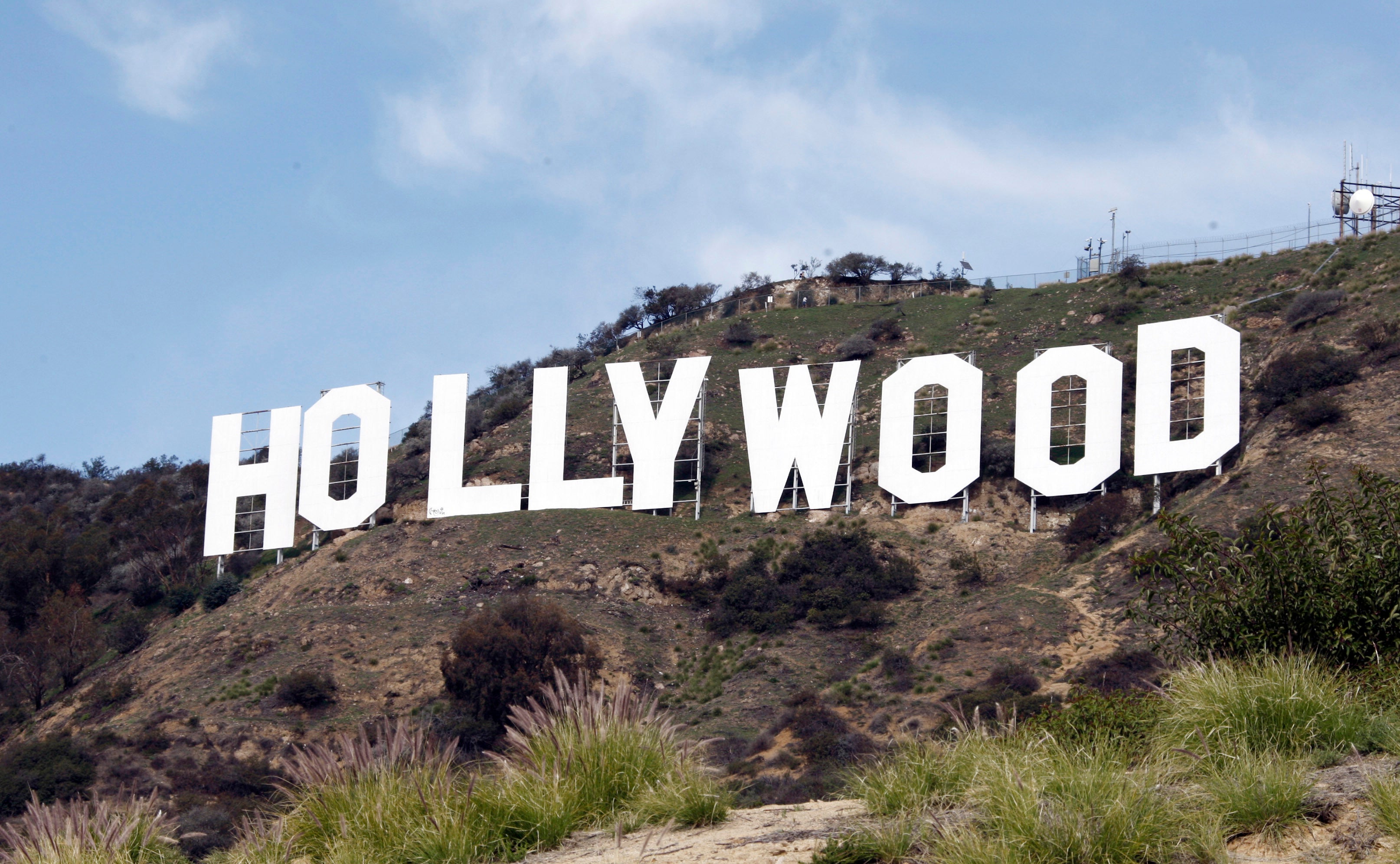Study: Lack of diversity in Hollywood costs industry $10B
For years, researchers have said a lack of diversity in Hollywood films doesn’t just poorly reflect demographics, it’s bad business

Your support helps us to tell the story
From reproductive rights to climate change to Big Tech, The Independent is on the ground when the story is developing. Whether it's investigating the financials of Elon Musk's pro-Trump PAC or producing our latest documentary, 'The A Word', which shines a light on the American women fighting for reproductive rights, we know how important it is to parse out the facts from the messaging.
At such a critical moment in US history, we need reporters on the ground. Your donation allows us to keep sending journalists to speak to both sides of the story.
The Independent is trusted by Americans across the entire political spectrum. And unlike many other quality news outlets, we choose not to lock Americans out of our reporting and analysis with paywalls. We believe quality journalism should be available to everyone, paid for by those who can afford it.
Your support makes all the difference.For years, researchers have said a lack of diversity in Hollywood films doesn’t just poorly reflect demographics, it’s bad business. A new study by the consulting firm McKinsey & Company estimates just how much Hollywood is leaving on the table: $10 billion.
The McKinsey report, released Thursday, analyzes how inequality shapes the industry and how much it ultimately costs its bottom line. The consulting firm deduced that the $148 billion film and TV industry loses $10 billion, or 7%, every year by undervaluing Black films, filmmakers and executives.
“Fewer Black-led stories get told, and when they are, these projects have been consistently underfunded and undervalued, despite often earning higher relative returns than other properties,” wrote the study’s authors: Jonathan Dunn, Sheldon Lyn, Nony Onyeador and Ammanuel Zegeye.
The study, spanning the years 2015-2019, was conducted over the last six months and drew on earlier research by the University of California, Los Angeles, the University of Southern California and Nielsen The BlackLight Collective, a coalition of Black executives and talent in the industry, collaborate with McKinsey researchers. The company also interviewed more than 50 executives, producers, agents, actors, directors and writers anonymously.
McKinsey attributed at least some of Hollywood's slow progress to its complex and multi-layered business — an ecosystem of production companies, networks, distributors, talent agencies and other separate but intertwined realms.
But the lack of Black representation in top positions of power plays a prominent role. The study found that 92% of film executives are white and 87% are in television. Agents and executives at the top three talent agencies are approximately 90% white — and a striking 97% among partners.
Researchers found that films with a Black lead or co-lead are budgeted 24% less than movies that don't — a disparity that nearly doubles when there are two or more Black people working as director, producer or writer.
Among other measures, McKinsey recommends that a “well-funded, third-party organization" be created for a more comprehensive approach to racial equality. The film business, it said, is less diverse than industries such as energy, finance and transport.
Following the Black Lives Matter protests last year, McKinsey said it would dedicate $200 million to pro-bono work to advance racial equality.
Subscribe to Independent Premium to bookmark this article
Want to bookmark your favourite articles and stories to read or reference later? Start your Independent Premium subscription today.